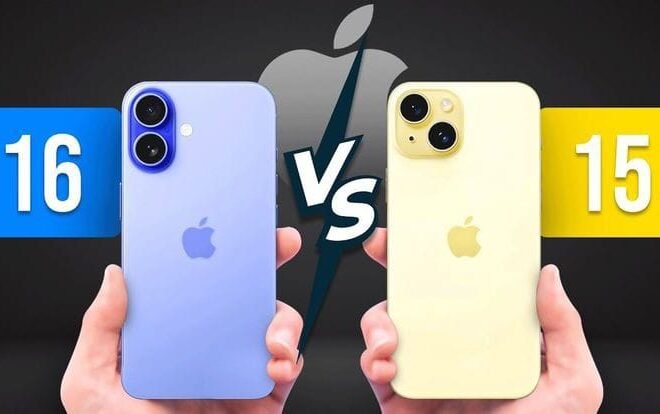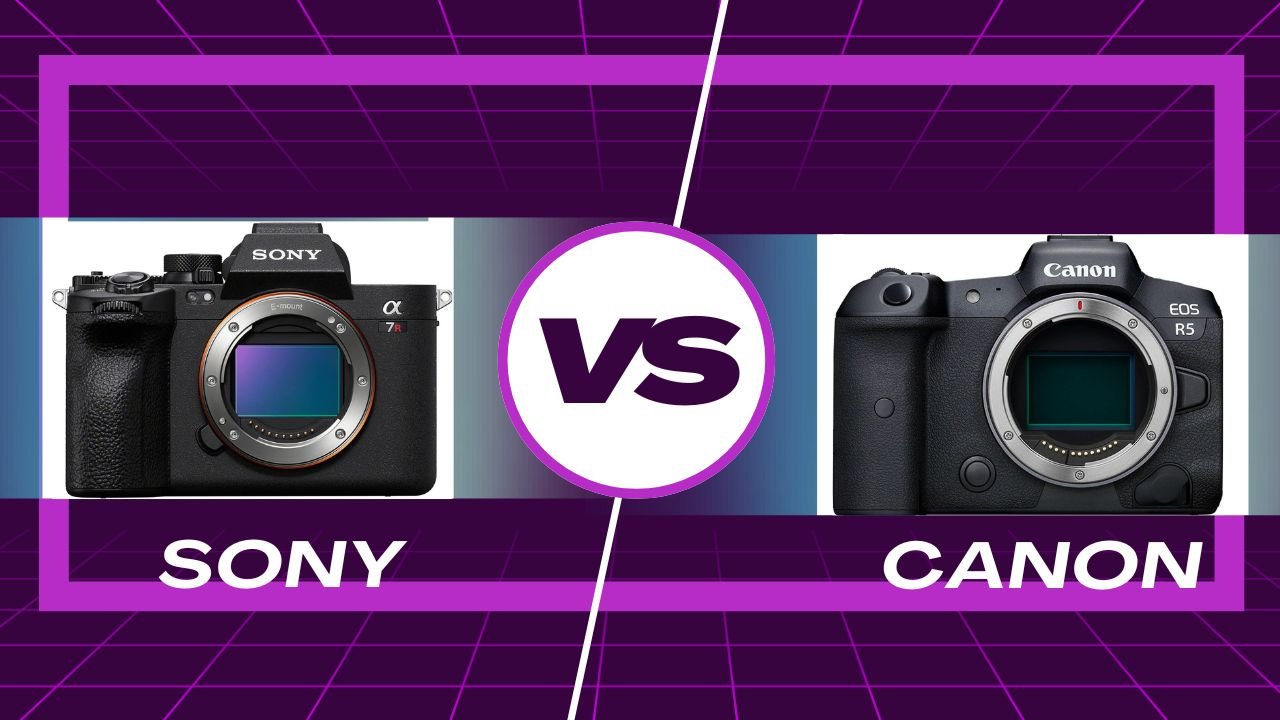
Canon vs. Sony Cameras: Which is Right for You?
Introduction
In photography circles, the Canon vs. Sony cameras debate has been burning white hot. The top two most famous camera brands Provide everything from novice to advanced photography gear. Canon is known for an easy-to-master interface, solid, durable, outdoor-ready cameras, and lots of ease-of-use features (touchscreen, onboard help, etc.), while Sony touts cutting-edge tech and, some may argue, innovation in the full-frame mirrorless space. Despite whether you weigh ergonomics or image quality and even video presentation, picking a side between these two behemoths may seem like an impossible task. In this post, we will break down what makes these brands run the game and do a brand comparison to objectively identify various strengths and weaknesses of each, all for you to decide which way to go.
Popular Brands of Canon or Why Sony cameras are Liked
Diverse selection of options
So both Canon and Sony offer cameras suitable for various skill levels and budgets. From entry-level DSLRs from Canon’s Rebel series to Sony’s compact Alpha series lineup, there are plenty of models for budding videographers.
Superior Image Quality
In short, both brands produce fantastic images, with Canon delivering the punchy and warm colors they’re recognized for, while Sony provides great tonal range and resolution. Count on these brands to help create beautiful images, including striking portrait shots, majestic landscapes, and extreme sports action.
Video Capabilities
Sony is video king, with 4K, excellent AF, and good frame rates. Canon started a little slower with video but more recently has been popular with vloggers and hybrid shooters due to features like Dual Pixel Autofocus.
Robust Ecosystems
Canon, with its big lens ecosystem, including third-party options, is a favorite for professionals. Sony is kind of the new kid on the block, but they have already released a bunch of lenses, and some diehard Sony photographers swear by their glass as well.
Cutting-Edge Technology
Sony is at the top of the game when it comes to mirrorless technology, so you can have real-time eye autofocus, in-body image stabilization, and higher frame rates. Canon has finally filled in the gaps in its EOS R mirrorless lineup with options that will. appeal to both still photo and video shooters.
Reliability and Ergonomics
Right from the get-go, Canon cameras are celebrated for their well-considered controls and rugged construction, which immediately makes them a favorite among photographers that favor or appreciate practicality. Sony is also making larger and heavier cameras while still improving their design for comfort even after long photo sessions.

Professional and Hobbyist Versatility
Both brands offer take-on-any-challenge, especially video and stills tools. Traditionally, Canon DSLRs attract the old guard, while Sony mirrorless cameras pull in those looking for something portable and desirable.
Longevity and Brand Trust
It comes from Canon, a company well known for its quality and customer service that many consumers trust. While a more recent player, Sony has quickly gained industry trust by repeatedly pushing boundaries and delivering exceptional products.
Full Review: Canon vs. Sony Cameras
Image Quality
Canon: Canon cameras, known for their cool colors, natural style, and crisp contrast, are ideal for portrait and landscape photography. Available in full-frame DSLR and mirrorless models, they excel in low-light performance, capturing detailed images even in dim conditions.
Sony: Sony cameras are favored for their superb dynamic range and detail, particularly in high-resolution models like the A7R series. Whether it’s the A7S series or others, Sony excels at capturing detail in low-light conditions, outperforming Canon in this area.
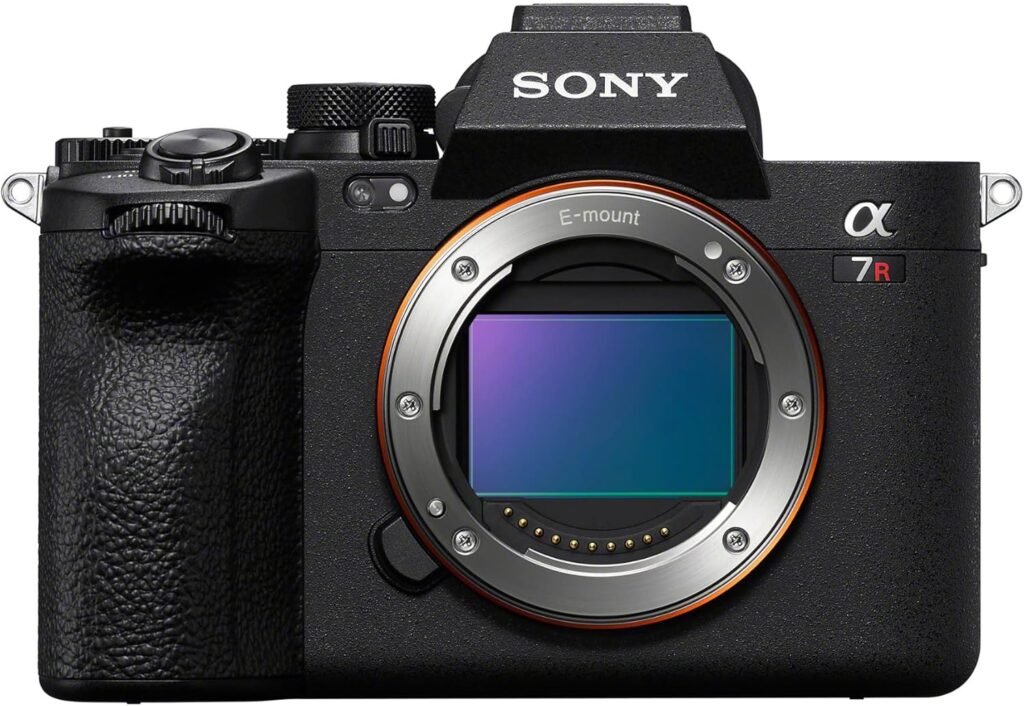
Autofocus Performance
Canon: Available in version 1 or v2, Canon offers smooth, accurate focus, making it great for video and moving subjects. Its quick autofocus is popular among outdoor and adventure photographers.
Sony: Sony introduces innovative tech like live eye tracking AF and AI-powered subject tracking. Known for fast, precise autofocus, it excels in portraits and video, ideal for those prioritizing speed and accuracy.
Lens Ecosystem
Canon: Canon offers a vast selection of EF and RF lenses, including both high-quality Canon glass and many third-party options. Known for their exceptional build and features, Canon lenses are popular with both enthusiasts and professionals.
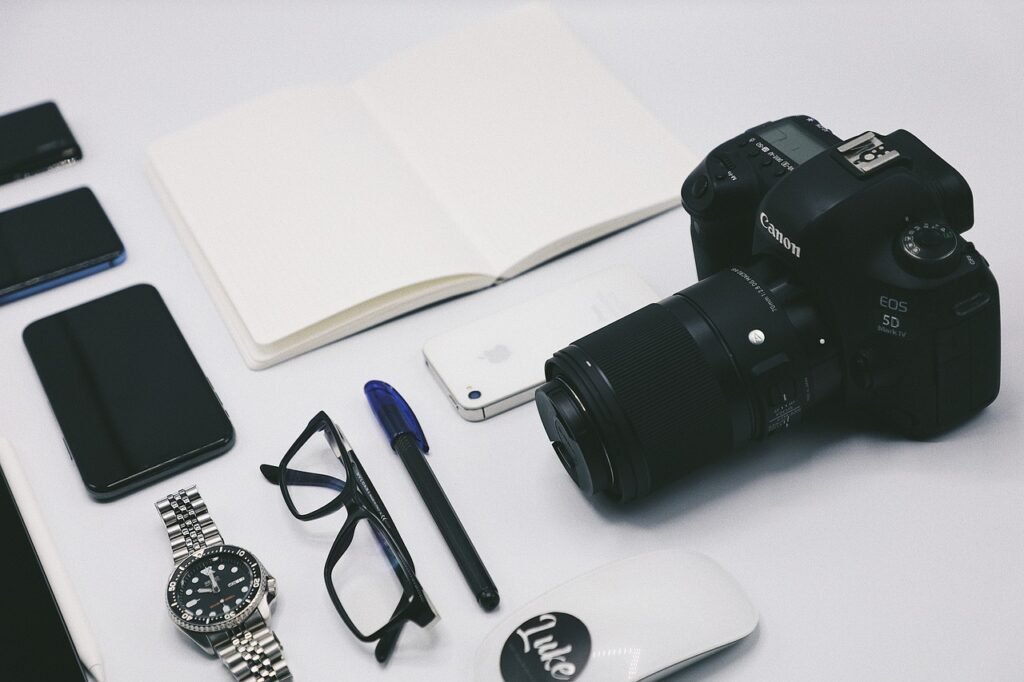
Sony: Sony has quickly grown its lens lineup with the E-mount system. While its lenses are newer, they include standout options like the G Master series, with additional third-party lenses from Sigma and Tamron for added versatility.
Mirrorless vs. DSLR
Canon: Canon remains a top choice for its DSLR range, valued for its optical viewfinder and long battery life. The EOS R mirrorless series offers a compact body with advanced features for both professionals and enthusiasts.
Sony: Sony leads the mirrorless market with advanced optics, electronic viewfinders, and silent shooting, making it ideal for modern photographers and videographers.
Video Capabilities
Canon: Canon has decent video features but usually lags behind Sony in providing uncropped 4K recording and frame-rate options. The EOS R5 and R6 have been trailblazers in including hybrid features vloggers/YouTubers will love.
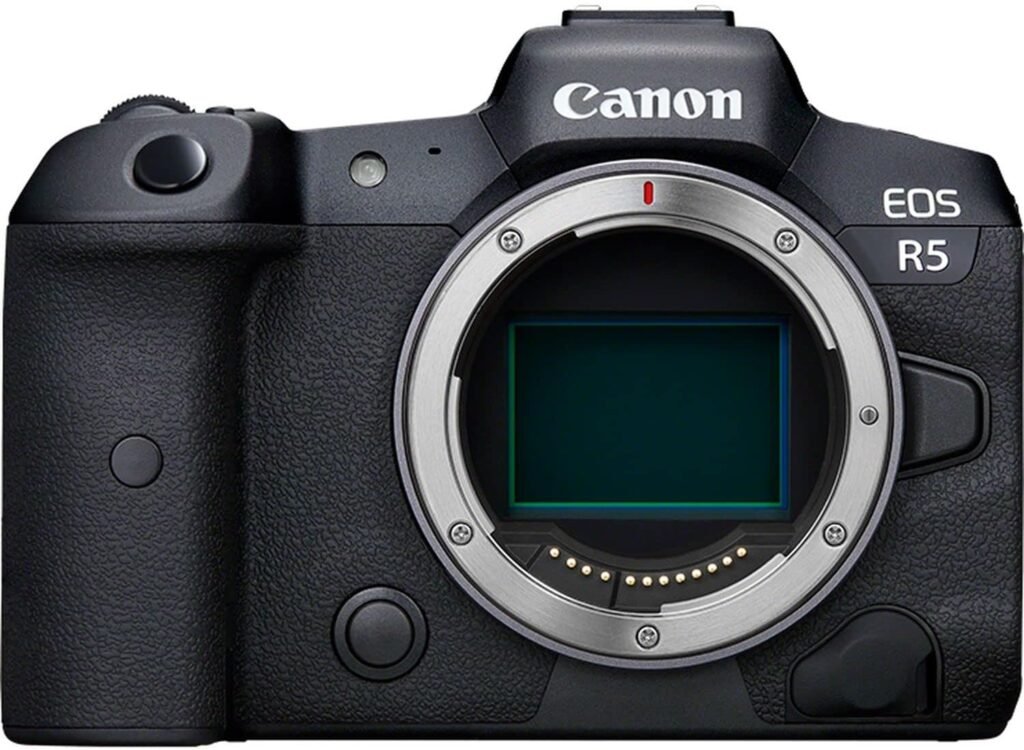
High-end Video Recording: Sony leads in video features, with the A7S III being a top choice for filmmakers due to its excellent video quality and versatility.
Build and Ergonomics
Canon: Canon is synonymous with a solid build quality; these cameras are normally weather resistant and tough. Canon models are designed with beginners in mind, making them very user-friendly and featuring simple menus.
Sony: Sony—they are smaller and more compact; however, in their earlier versions, they weren’t the most ergonomically built cameras (no real hand grip has always been an issue). In current releases, however, things seem to have improved a little with better build quality and added weather sealing for extra lifespan.
Battery Life
Canon: Canon DSLRs offer better battery life than most competitors, allowing longer shooting sessions. While Canon’s mirrorless models are improving, they still generally have shorter battery life than DSLRs.
Sony: Sony’s mirrorless models were previously criticized for poor battery life, requiring multiple batteries for extended use. However, newer models like the A7 IV feature higher-capacity batteries, improving shooting time.
Price and Value
Canon: Canon offers a wide range of cameras for all budgets, making them ideal for both beginners and professionals without sacrificing quality.
Sony: Sony is known for its premium pricing but delivers advanced technology and excellent value, especially for video users, with top-tier features for professionals.
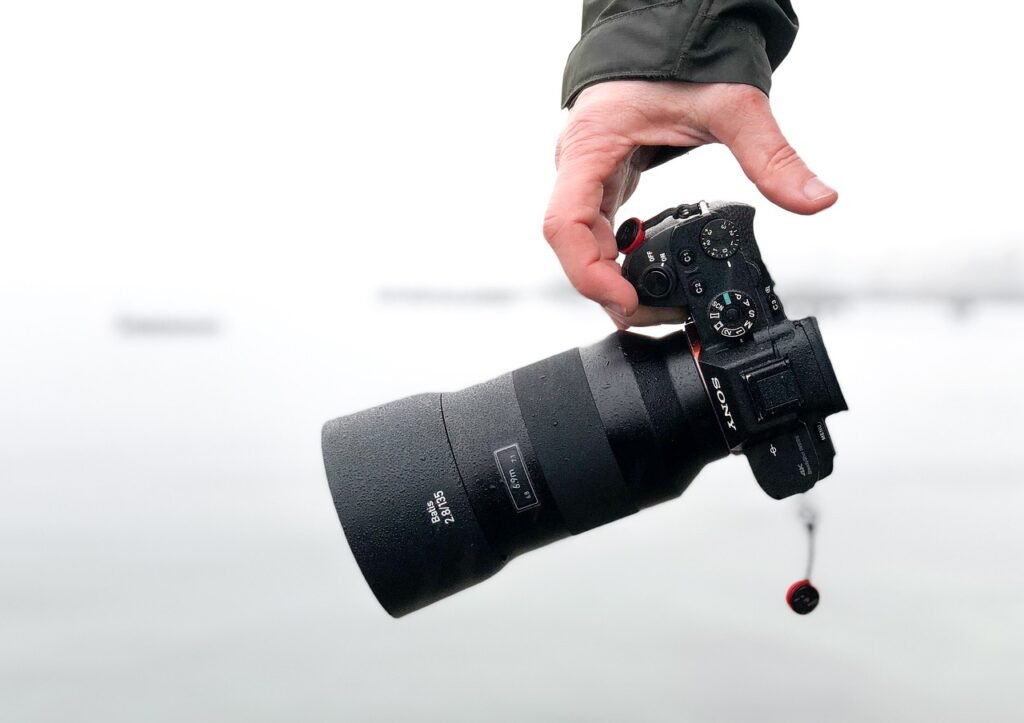
Things You Should NOT Do Before Buying a Camera
Ignoring Your Needs
Never get a camera just because it is in trend. Whether video is your main passion or a combination of photography and videomaking, figure this one out first.
Skipping Research on Lenses
But the body is only one piece of the puzzle. Price, Range, and Availability of Lenses
Overlooking Ergonomics
A camera could have amazing specs but can be uncomfortable to use, making it not worth the investment, similar to a very expensive car.
Focusing Only on Megapixels
Note that large megapixel cameras are just because of more pixels, not any better for quality. So, the critical parameters are sensor size and lens quality.
Ignoring Future Needs
Find a camera that allows for growth (compatibility with different lenses, accessories, and options like 4K 24p).
Brand Loyal Innovation Selection
Of course some areas of both Canon and Sony are better than each other. Pay more attention to your own needs and less on the reputation of the brand.
FAQs
Best Brand for Beginners: Canon vs. Sony Cameras – Best Style Guide
Their relatively user-friendly menus and lower-end (but more affordable) entry-level models make Canon a great choice for those just getting into the hobby, to ease them in learning the basics of photography.
What type of brand is best for video production?
Sony is the best-in-class party when it comes to video production, though, boasting features like live eye autofocus, electronic viewfinders (EVF), and 4K/120fps recording, along with great low-light performance—so if you find yourself filming as much as shooting stills, they should be your first port of call.
Should I get a Canon DSLR or a Sony mirrorless camera?
The Canon DSLR models are appealing to photographers who need a lot of lenses or the ability to use telephoto power because they inherently have more optical viewfinders, and there is much information and availability in large dealers around the world. Sony mirrorless cameras are lightweight, smaller, and have more modern features like faster AF and higher frame rates, catering to the intermediate photographers that want something advanced but still very portable.
Do Sony lenses cost more than Canon lenses?
Yes, Sony lenses are quite expensive, but there are third-party equivalent alternatives from Sigma or Tamron for those who want something cheaper and reliable at the same time.
Which Brand Has Better Low-Light Performance? Canon vs. Sony Cameras
The A7 series, in particular, is well-known for its low-light capabilities, which could produce detailed and noise-free images even in a dark scenario.
Canon lenses for Sony cameras?
You can hang Sony lenses on Canon cameras in the same way, although the autofocus performance might be suboptimal without full compatibility, fast and accurate as native Canon optics.
Better Customer Support: Both Canon and Sony cameras brands offer online and customer support similar to each other.
Canon has always been recognized for excellent customer service, and recently Sony has also stepped up their game and offers very good support.
Which brand is more portable in Canon vs. Sony cameras?
Since there is no mirror, Sony makes its mirrorless cameras smaller (and generally lighter) than Canon DSLRs so they are an easier carry for travel.
Conclusion
The extra features on the Sony might swing it if those are your priorities, but realistically it could go either way depending on what you want out of a camera. It has a solid reputation for traditional photographers looking to have vibrant colors, sturdy lenses, and an extensive range of lenses in their arsenal. On the other hand, Sony leads in innovation for their state-of-the-art technology and superior video quality. There are advantages to each brand, and the right camera for you will depend on your level of expertise, what you enjoy shooting, and how much money you have to spend. Any internet research can save you from draining your wallet on a camera that does not suitably match your creative ambitions.






